In the dynamic world of web3 gaming, where innovation is the key to success, trading card games (TCGs) have emerged as a promising genre over the last couple of years. As these games strive to find their foothold in web3, their evolution has been marked by both successes and setbacks. In this article, we dive into some noteworthy web3 TCGs, examining their past, present, and the potential future of the genre.
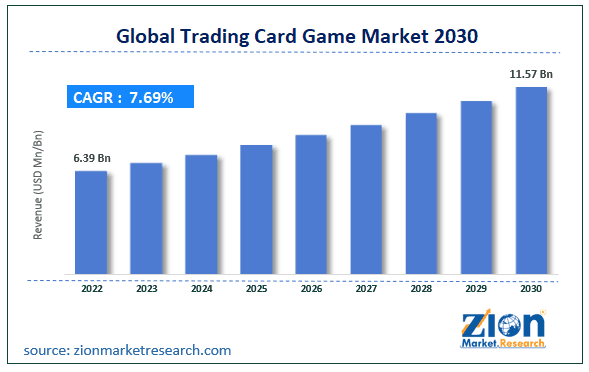
Unlike many other game genres, trading card games (TCGs) have long had a thriving secondary market in the physical realm. The global trading card game market size was evaluated at $6.39 billion in 2022 and is slated to hit $11.57 billion by the end of 2030 with a CAGR of nearly 7.69% between 2023 and 2030. However, translating this success into web3 has presented challenges.
Nonetheless, the potential for success in this genre is evident. Mobile adaptations of popular TCGs like Hearthstone and Yu-Gi-Oh! generating monthly revenues estimated at $1 million to $2 million, and Marvel Snap doubling that figure.
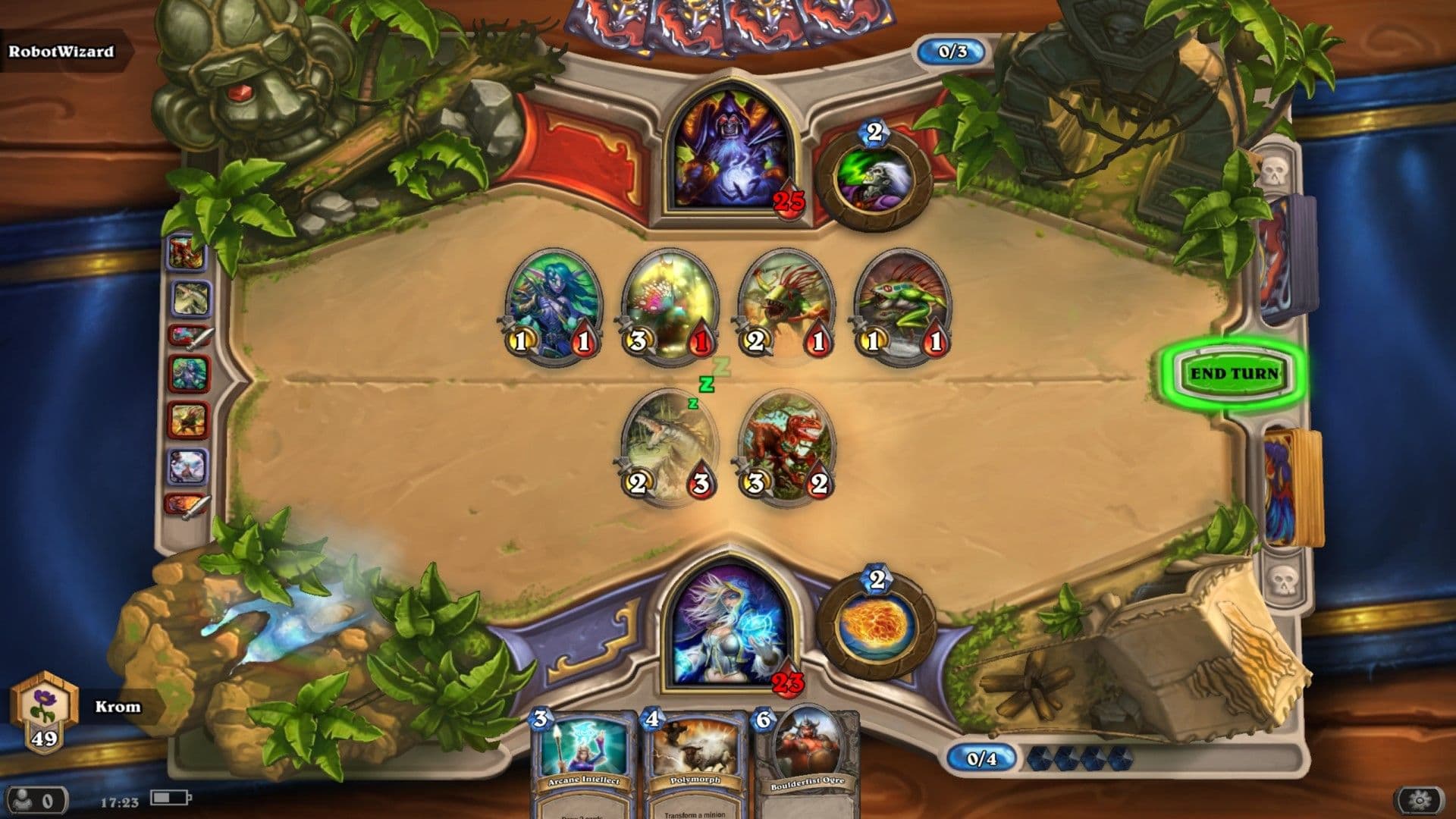
If you're a fan of card games and are looking to dive into the world of web3 gaming, here are some of the best web3 card game picks you shouldn't miss:
Cards of Ethernity
Cards of Ethernity is a captivating card game that immerses players in a universe filled with mythical creatures and powerful spells. The game offers a unique blend of strategy and luck, ensuring that every match is unpredictable and exciting. With its stunning artwork and intricate game mechanics, Cards of Ethernity is a must-play for both card game enthusiasts and web3 gamers.
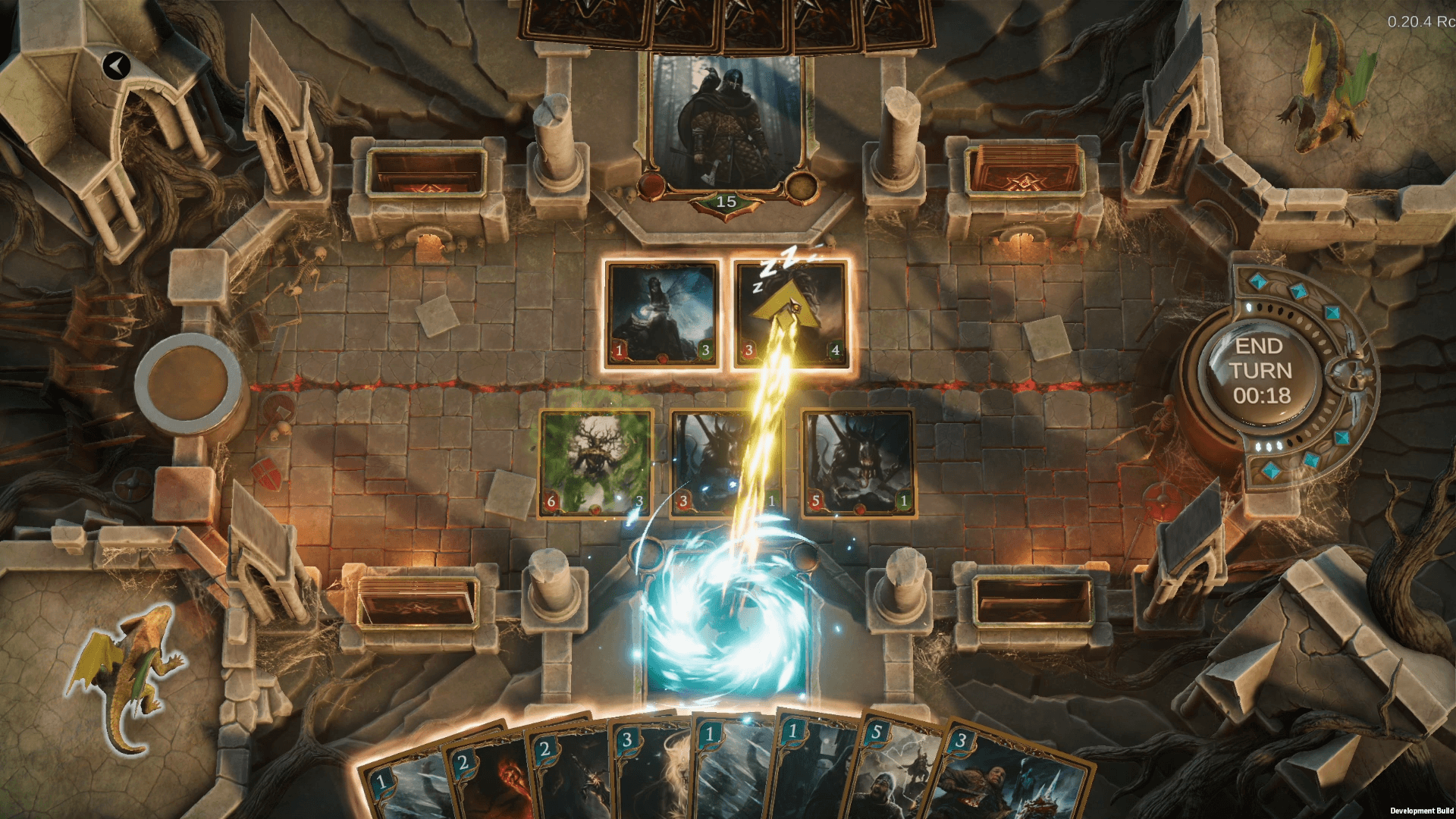
Cross The Ages
Journey through time with Cross The Ages. This card game allows players to build decks from different eras, combining ancient warriors with futuristic tech. The game's time-traveling aspect adds a layer of strategy, as players must anticipate their opponent's moves across different ages. Engaging, challenging, and fun, Cross The Ages is a game that will keep you coming back for more.

Splinterlands
Splinterlands, a standout game on the Hive blockchain, revolves around the transactional nature of blockchain. Players swiftly assemble decks from their collections for each match, which then autonomously engage against opponents. This format facilitates quick, accessible matches while leveraging blockchain transactions, setting a precedent for early blockchain TCG experiences.

The game experienced significant growth during the bull run, particularly following the introduction of its governance token, Splintershards (SPS). However, rampant bot activity became a challenge over time. The developers' attempts to integrate bots into the economy, rather than eliminate them, failed to strike a balance.
Economic missteps and stagnant gameplay led to a decline in player and bot numbers by mid-2022, with daily active users dropping to under 40K from 300K-400K in 2021-2022, according to Peakmonsters, a third-party data site.

Although Splinterlands retains a core player base and continues to release new expansions, including a long-awaited Land system, the developer has faced setbacks and layoffs. Efforts to diversify gameplay with new genres and real-time interaction, such as the Genesis League Sports series, are slowly progressing. However, the inaugural soccer game, Genesis League Goals (GLG), launched recently, but its reception remains uncertain. Despite improvements, GLG may struggle to attract a sustainable audience.
Gods Unchained
Gods Unchained, drawing inspiration from Hearthstone, initially launched on the Ethereum blockchain in 2018. High transaction costs prompted the creation of Immutable X, a new blockchain utilizing Starkware technology, now among the most popular gaming blockchains.
The game garnered moderate traction during the 2021 bull run but faced a decline in Q2 of 2022. A game overhaul amid Immutable’s expansion and investments sparked a resurgence in secondary market card sales from Q3 of 2022 onwards. With enforced royalties, Gods Unchained sells booster packs directly to players, contributing to its status as the largest and most successful web3 TCG to date.
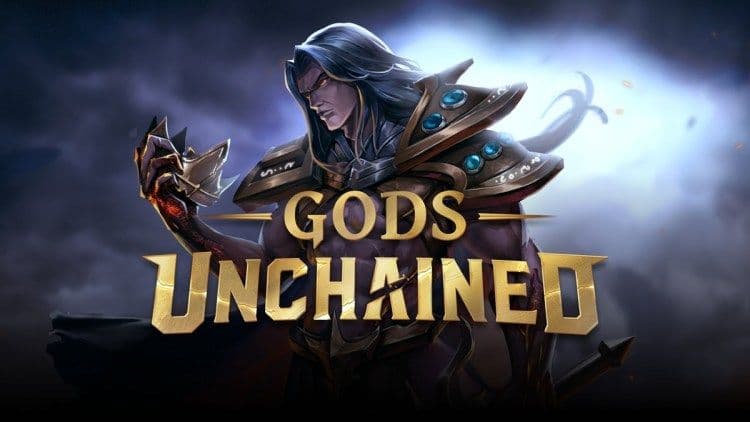
However, Gods Unchained was recently removed from the Epic Games Store, following an Adults Only (AO) rating by the Entertainment Software Rating Board (ESRB). The web3 game, initially well-received upon its June launch, was delisted due to play-to-earn mechanics highlighting the challenges of integrating blockchain games onto traditional gaming platforms. The Epic Games Store has now reopened its doors once again for specific Adults Only-rated web3 games, including, Gods Unchained.

Despite receiving an “Adults Only” rating from the ESRB, leading to its removal from the Epic Games Store and then reinstallation, Gods Unchained has maintained strong performance. Recent releases and increased market volume in 2023 indicate positive momentum.
Skyweaver
Skyweaver, introduced in a June 2019 private beta, initially gained attention for its high-quality art, polish, and gameplay. Developed on the Polygon blockchain, the game's gameplay remains off-chain, reserving blockchain for card trading. The game is 100% free to play, and leveling up unlocks 500+ base cards. There are three grade types and numerous features, the cards are distinctive, making gameplay dynamic and exciting.
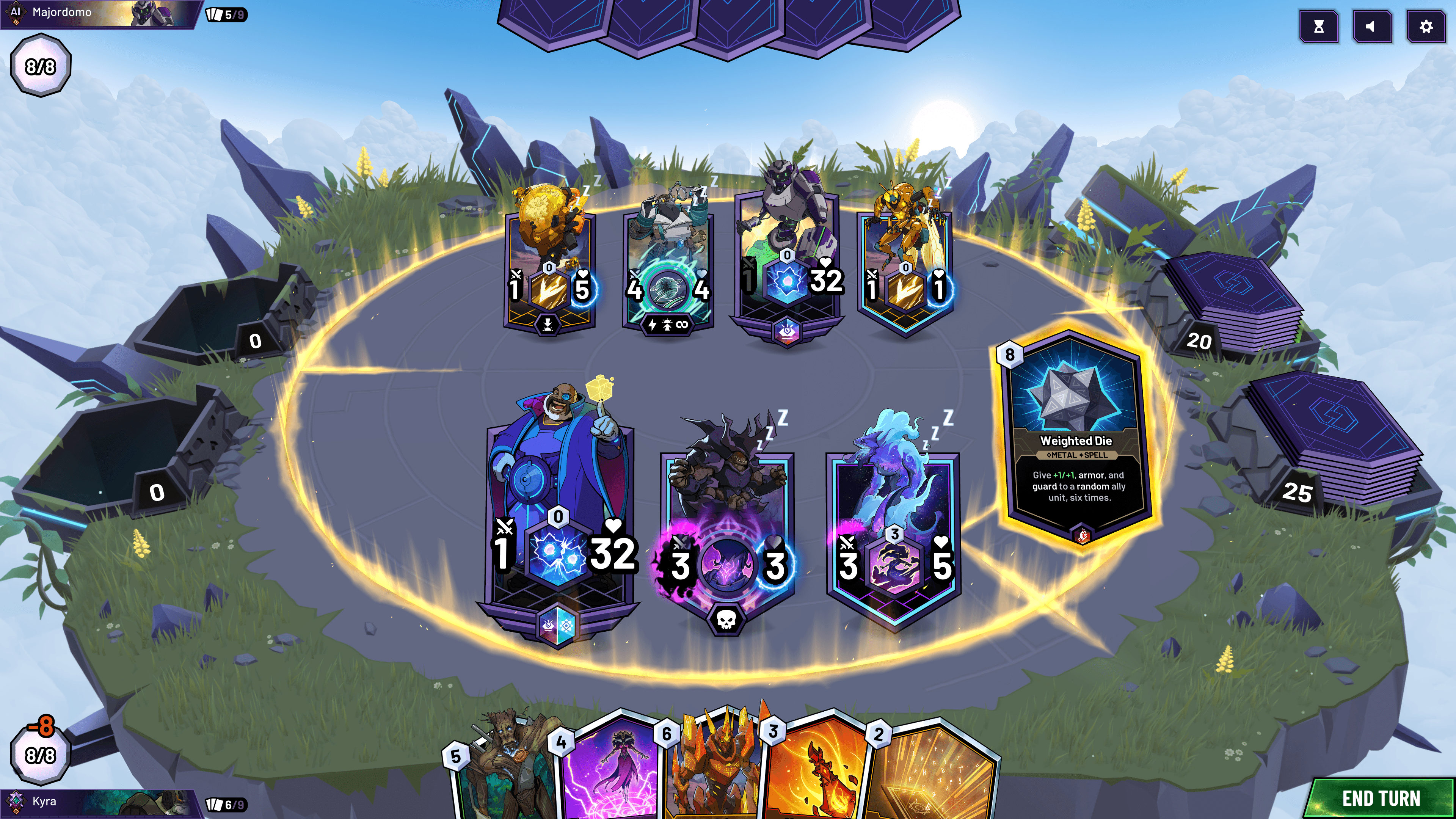
While Skyweaver introduces unique twists, including spells attached to cards, it has struggled to retain players and some say that the game lacks strong progression mechanisms. Despite early success, active user numbers have sadly dwindled, with the game currently hosting approximately 4,700 players online, according to Skyweaver data. However, we are hopeful that Skyweaver will make a resurgence this year.

Parallel
Parallel Studios is developing the trading card game Parallel. It operates on the play-and-earn principle and utilizes NFTs. The game is being built within a decentralized ecosystem established by the Echelon Prime Foundation (Echelon).

The game's storyline is set in a dystopian future where Earth has become uninhabitable due to a cataclysmic tragedy known as "The Event," caused by a new form of fission using anti-matter as fuel. The radiation from this event forced humanity to flee to space, splitting into three expeditions to Mars, Europa, and the outskirts of the asteroid belt.

Parallel, largely unavailable since 2021, experienced renewed interest following limited alpha and beta tests. With increased public information, confidence in the game's playability has surged, driving spending and trade volumes. Despite slow development, Parallel resonates with collectors and NFT buyers, maintaining secondary market volumes between $300K and $1M monthly since Q3 2023.
Final Thoughts
Sadly, several TCGs, including Dark Country, Deviants’ Factions, and Zoids Wild Arena have failed to gain significant traction and seen player numbers dwindle. The slowing pace of production and development of new web3 TCGs reflects the need for increased innovative experiences in the space. On the positive side new IP such as Shardbound, backed by Immutable, offers a unique blend of TCG and hex-grid-based tactical gameplay.

Despite the ability to monetize the secondary market, the historical difficulty of marketing and driving success in digital TCGs persists in the web3 space. Early movers like Gods Unchained and Parallel have shown success, but the road is still fraught with challenges. Could building on existing IPs, such as Disney's Lorcana game, hold the key to future success?
As the digital TCG landscape continues to evolve, developers must innovate not only in card trading but also in gameplay and marketing to secure a lasting presence in the competitive web3 gaming market.
This post was inspired by Naavik.

